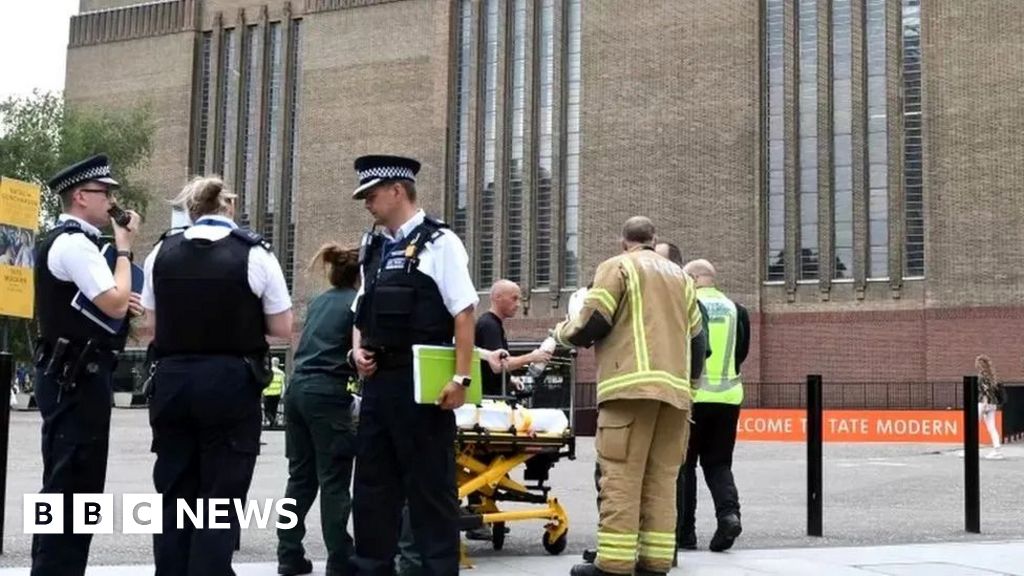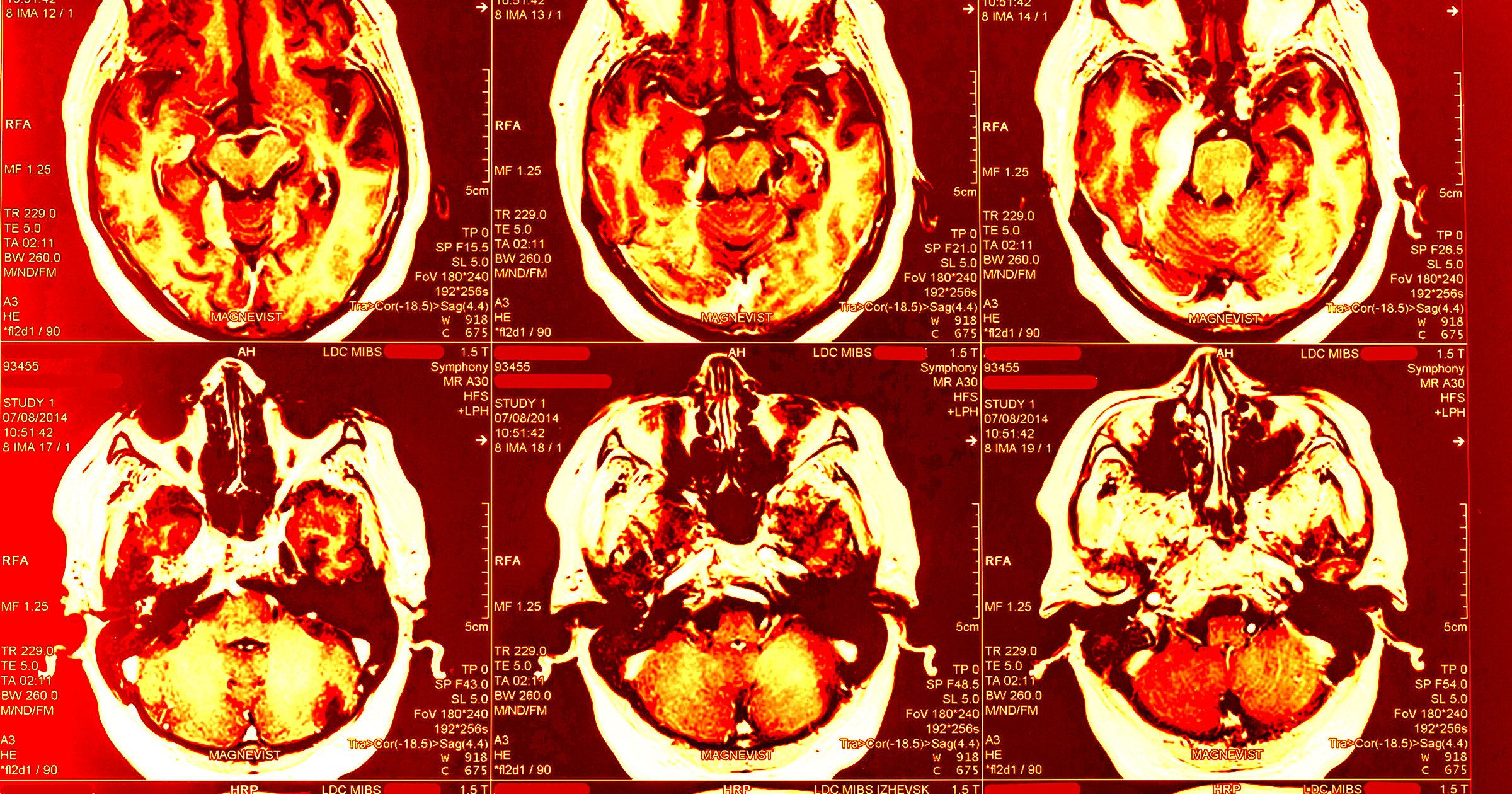#brain-injury
#brain-injury
[ follow ]
#cte #football #nfl #consciousness #player-safety #mass-shooting #arsenal-academy #tate-modern-attack
fromPsychology Today
1 week agoHealth Care Turnover Cuts Trust and Erodes Patient Care
I can't blame them for burning out or seeking new challenges. But it's not easy to bring a new practitioner up to speed when you have a long, complicated medical, dental, social, economic, and cognitive history after brain injury. Educating and learning a new person's facial expressions and body language suck you dry. Losing trusted support over and over leads to separation anxiety and diminished capacity to trust.
Health
fromwww.theguardian.com
1 week agoA day in the life of caring for an overdose survivor
But through Facebook groups and GoFundMe pages, I began to connect with families going through similar ordeals. Despite the pain and relentless demands of their situations, many were open and generous with their time. That was especially true of Jessica Pittizola Jarrett and her son, John-Bryan, who goes by JB and suffered an anoxic brain injury and other complications after overdosing on fentanyl in September 2020.
Public health
fromInsideHook
1 week agoTreatment for Epilepsy Expands Understanding of Sleep
The more scientists research how we sleep, the more they discover how important sleeping is to our overall health and wellbeing. But those aren't the only sleep-related discoveries scientists are making. The latest high-profile finding is less about the benefits of sleep and more connected to how the brain behaves during sleep, something that could have wider implications for our understanding of the human body.
Medicine
fromBoston.com
2 weeks agoMan sucker punched by stranger near Fenway has a long road to recovery, family says
Around 12:40 a.m. on Sept. 28, police received a report of an aggravated assault in progress outside of Loretta's Last Call on Lansdowne Street. The victim was punched in the face and fell to the ground in a crosswalk, according to a video obtained by police. Emergency personnel observed the victim, Jack Farrell, 22, laying on the ground unresponsive with a significant amount of blood coming out of his nose and mouth, police say.
Boston
fromBrooklyn Paper
3 months ago'There is help': Samantha Goldsmith Fund brings hope to Brooklyn families on Random Acts of Kindness Day * Brooklyn Paper
"It was a no-brainer - no pun intended," Goldsmith said. "Sammy was the most selfless, giving person. We knew she would've wanted us to help someone else."
Fundraising
[ Load more ]












